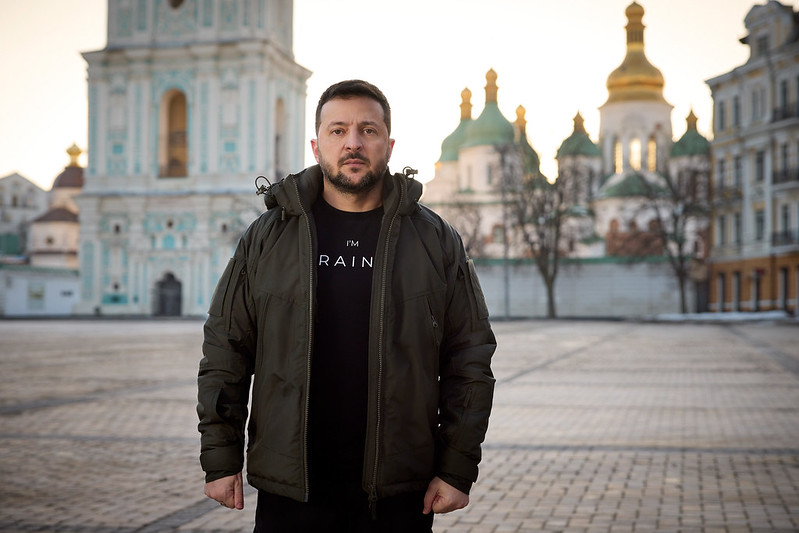Already a subscriber? Make sure to log into your account before viewing this content. You can access your account by hitting the “login” button on the top right corner. Still unable to see the content after signing in? Make sure your card on file is up-to-date.
Ukrainian President Volodymyr Zelensky has officially initiated Ukraine’s withdrawal from a treaty banning anti-personnel landmines.
Some shit you should know before you read: Back in 1997, the Ottawa Convention was established as a global effort to eliminate the use of landmines that continue to kill and injure civilians long after conflicts end. The treaty prohibits the use, development, production, stockpiling, and transfer of anti-personnel landmines. As of 2024, 164 countries have signed and ratified the treaty, including most NATO members. However, major military powers such as the US, Russia, China, India, and Pakistan have never joined, citing national security concerns and the strategic utility of landmines in certain regions.

What’s going on now: In a notable development, President Zelensky moved forward with Ukraine’s withdrawal from the Ottawa Convention. Zelensky justified the move as a necessary response to Russia’s unrestrained use of anti-personnel landmines, stating in his nightly address, “Russia has never been a party to this convention and uses anti-personnel mines with utmost cynicism. This is a hallmark of Russian killers—to destroy life by all means at their disposal.” He argued that the realities of war, particularly Russia’s mining tactics, left Ukraine no choice but to adapt its own military strategy in kind.
Zelensky and Ukrainian officials have also argued that remaining bound by the treaty while Russia faces no restrictions would severely handicap Ukraine’s ability to defend itself. “We cannot remain tied down in an environment where the enemy has no restrictions,” said Roman Kostenko, a senior lawmaker and secretary of the parliamentary committee on national security and defense. Ukraine’s foreign ministry described the decision as “difficult but necessary,” prioritizing national security over disarmament obligations, and acknowledged that the treaty withdrawal must still be ratified by parliament and formally notified to the United Nations.
Ukraine’s move comes as similar steps have been taken by some NATO countries bordering Russia. In recent months, Latvia and Lithuania withdrew from the treaty, with Finland and Poland following suit, all citing increased security threats from Russia and the need for more flexible defense tools.







